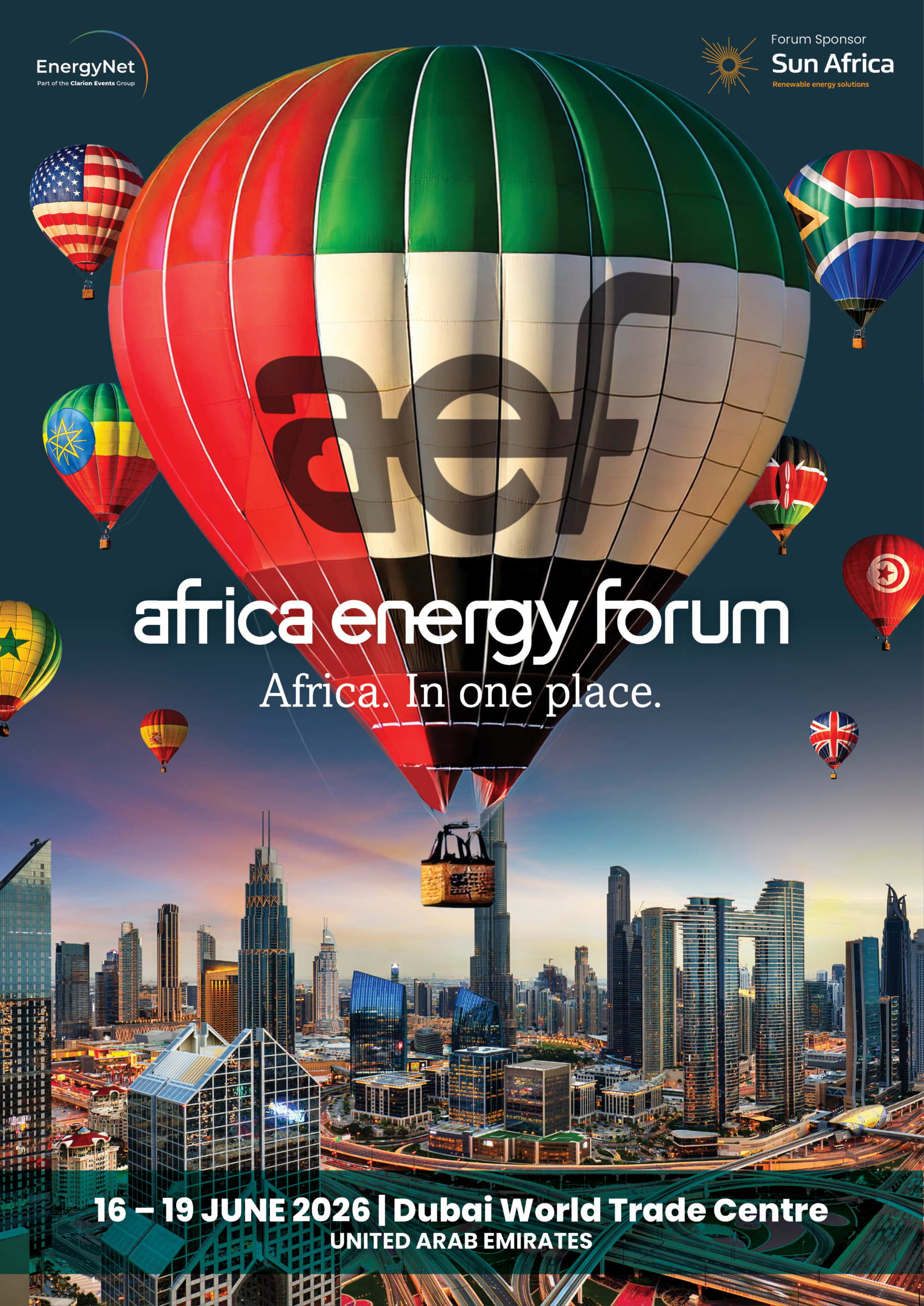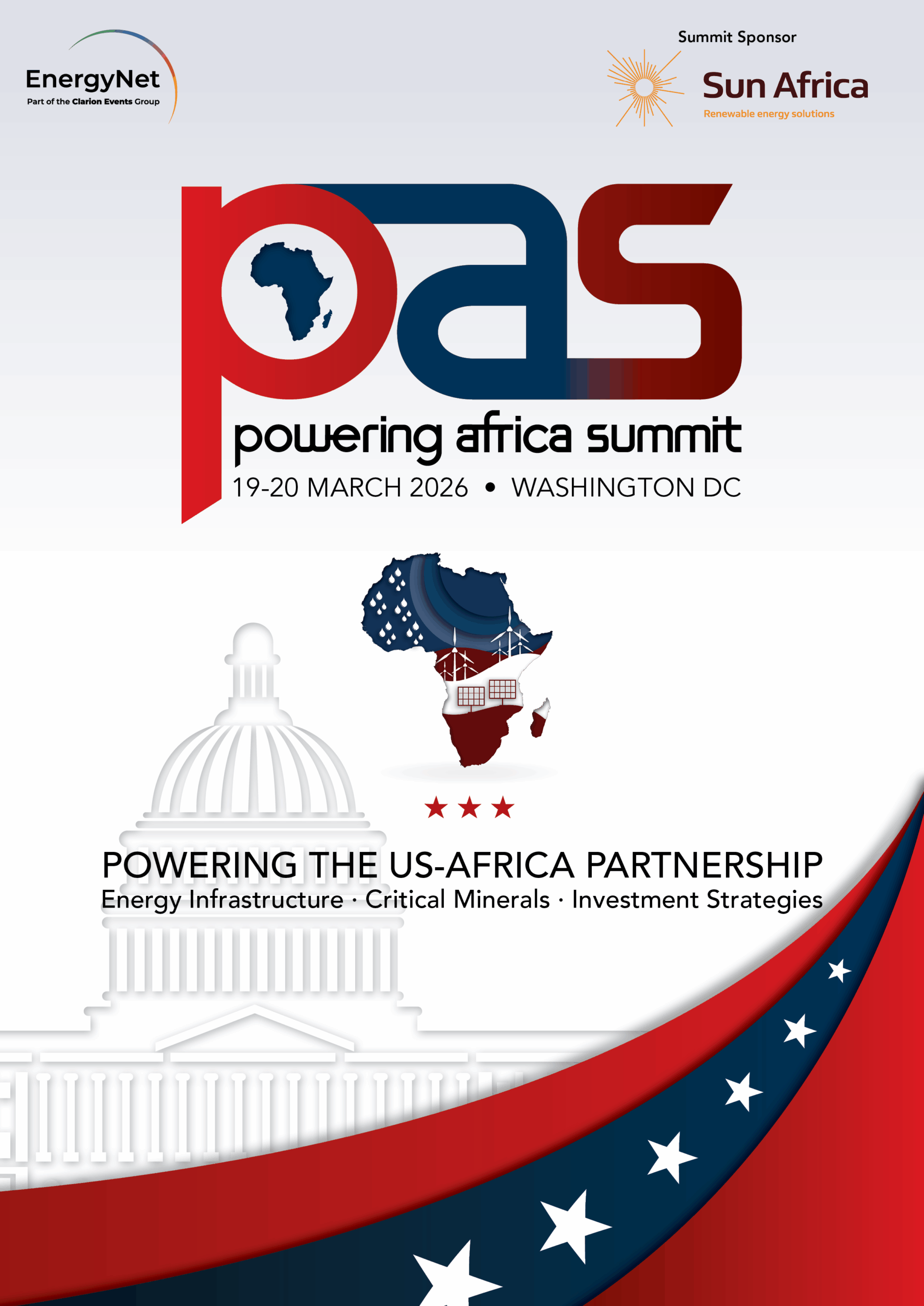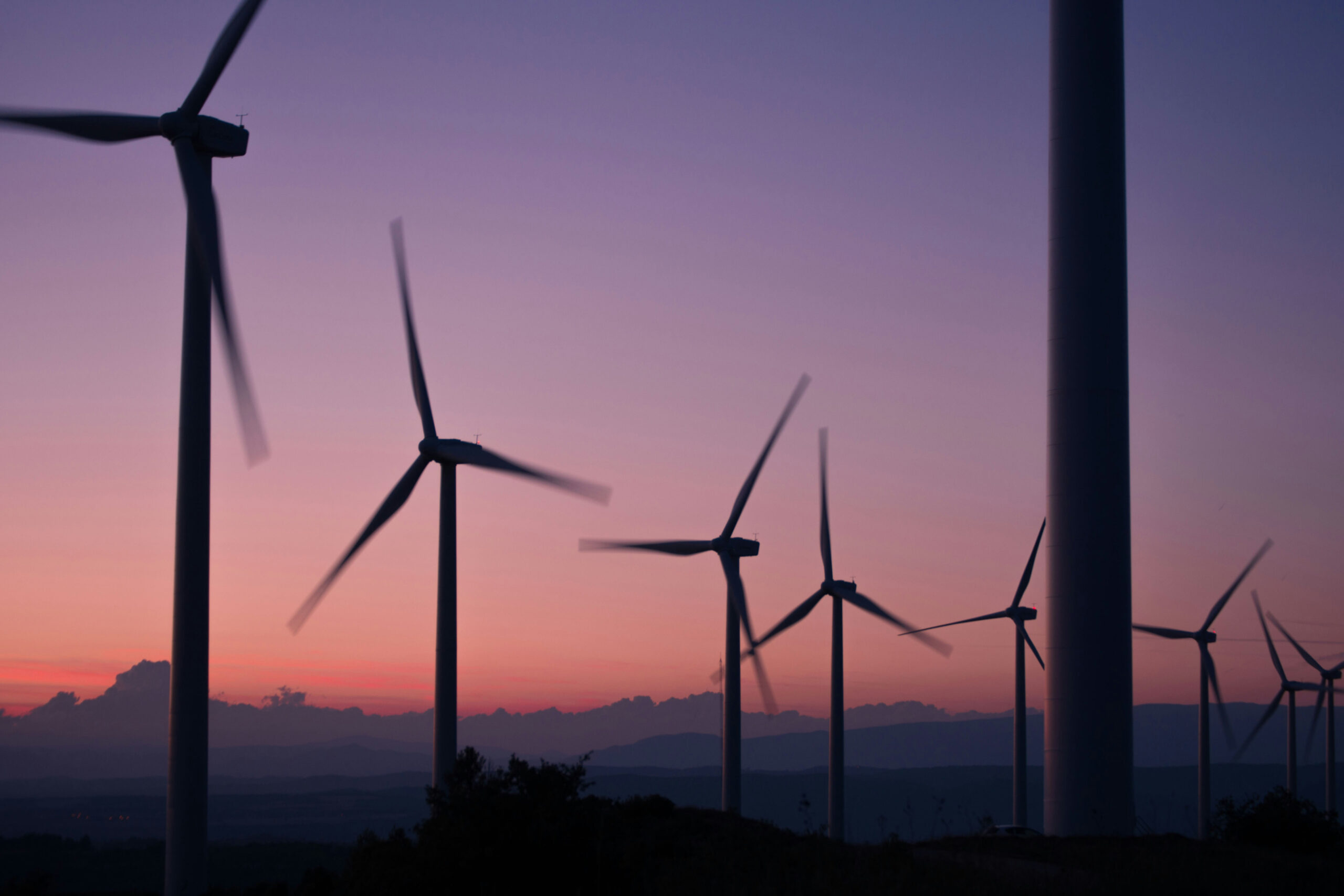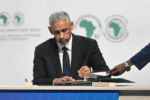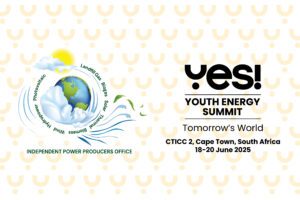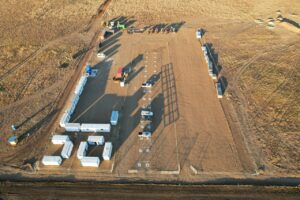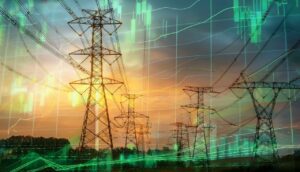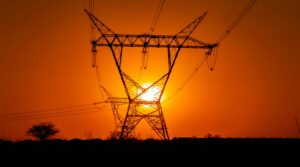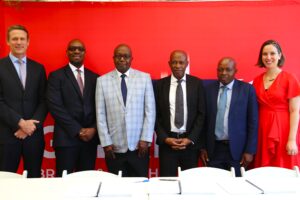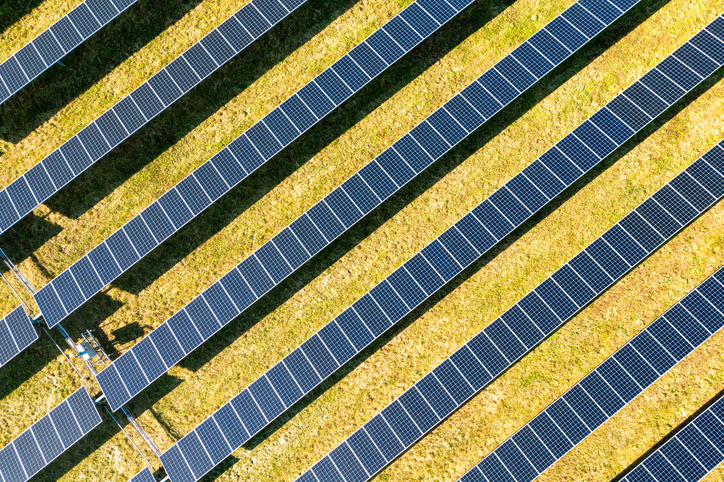
Vodacom’s pioneering virtual wheeling solution goes live in South Africa
Vodacom has become the first company to fully operationalise virtual wheeling, marking a significant step forward in South Africa’s energy transformation journey. The company has delivered on a power purchase agreement (PPA) with leading IPP (Independent Power Producer) – SOLA Group – achieving a major breakthrough in procuring renewable electricity for commercial operations, while providing a blueprint for other South African companies to follow suit. This milestone was ultimately achieved by leveraging an agnostic platform developed by Vodacom subsidiary Mezzanine and renewable energy from SOLA’s solar power plant in Virginia, Free State province.
“Executing this innovation is an immensely proud moment for Vodacom South Africa, and highly significant for the country’s future where energy is concerned. Virtual wheeling is a game changer for companies like ours with distributed operations, removing long-standing barriers to access renewable energy. More importantly, this achievement demonstrates our purpose to connect for a better future – one where we protect the planet, accelerate the adoption of renewable energy, and contribute to the stability of the national grid,” says Sitho Mdlalose, Chief Executive Officer for Vodacom South Africa.
By opening the door for both public and private sector participation, the innovative virtual wheeling solution offers a replicable roadmap for other businesses to follow, delivering cost savings, reducing greenhouse gas (GHG) emissions, contributing to grid stability, and creating jobs in the energy sector. The additional renewable energy added to the grid contributes to the prevention of load shedding, allowing consumers to benefit from a more stable supply and mitigating the impact of climate change.
Virtual wheeling is key to Vodacom Group’s ambition of achieving net-zero GHG emissions by 2035. The company recently achieved its target to source 100% of its purchased electricity (Scope 2) from renewable electricity sources across its ISO50001 certified operations in Africa and continues to invest in energy efficiency programmes and innovative renewable energy solutions.
“Virtual Wheeling marks a pivotal moment in South Africa’s energy transition, and we are proud to be the independent power producer behind Vodacom’s first agreement of this kind. By enabling large, distributed businesses to access our renewable energy at scale and at lower cost, this innovation not only decarbonises operations but also accelerates the shift to a cleaner, more resilient energy system. Our partnership with Vodacom on this milestone underscores the power of collaboration in unlocking the full potential of renewable energy for South Africa’s economy and its people” says Simon Haw, Founder & Chairman SOLA Group.
In August 2023, Vodacom initially partnered with Eskom to innovate and develop the virtual wheeling mechanism that overcomes the limitations of traditional wheeling. Subsequently, Mezzanine created the first platform that enabled virtual wheeling and assessed it through a successful pilot phase. This solution, now ready for seamless adoption by other energy users, aggregates energy consumption across multiple consumption points through smart metering.
The energy consumption data is then reconciled with the energy generated from an independent power producer (IPP) in the virtual wheeling platform to enable companies with complex, distributed, operational footprints to access renewable energy on a scale. This innovation also allows additional renewable capacity to be integrated into the national grid without affecting Eskom’s balance sheet.
Traditional wheeling arrangements typically involve a one-to-one relationship between an IPP and an off taker using the national grid to transport energy. While this is common practice globally, these models have limitations for companies with a distributed network of operations. For Vodacom South Africa, which operates over 15,000 low-voltage sites across 168 municipalities, these geographic and infrastructure complexities had previously prevented access to large-scale renewable energy from IPPs.


